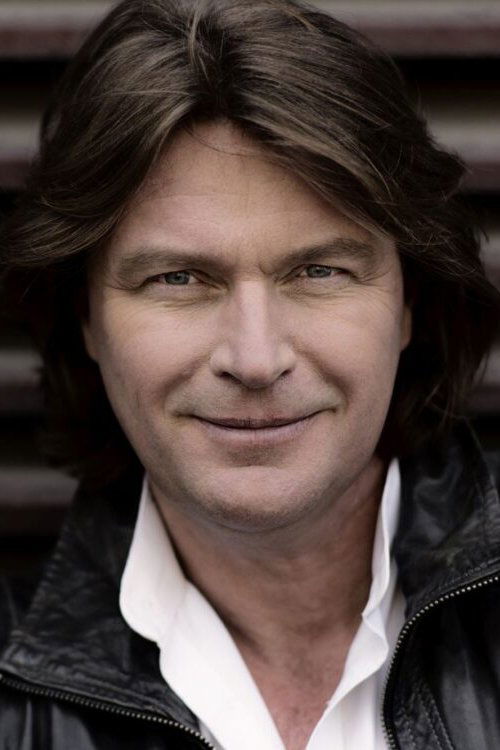
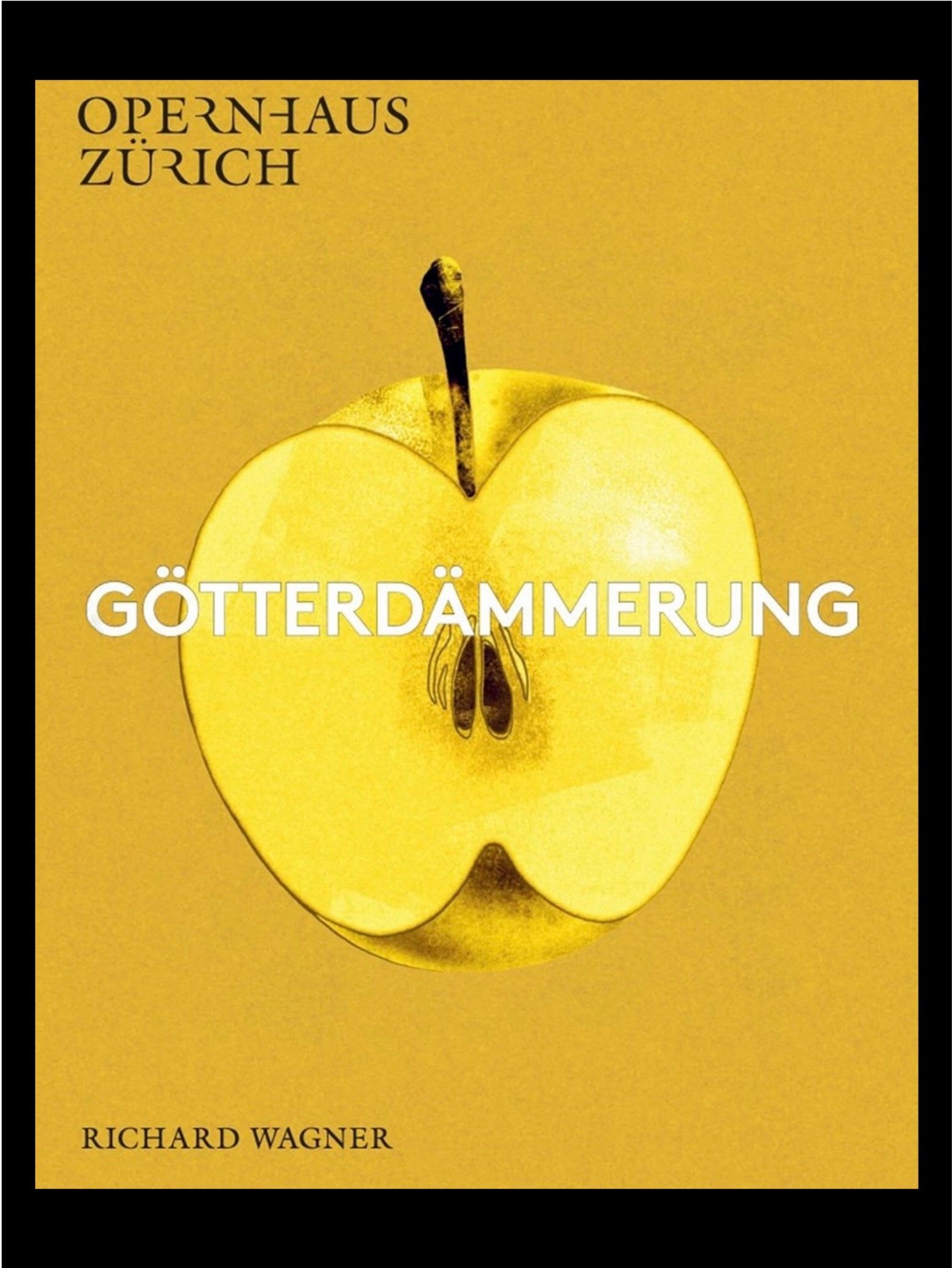
Der Ring des Nibelungen in a production of the Zürich opera house, recorded 2024. "Dramatic music-making at its finest". In the hands of General Music Director Gianandrea Noseda and Stage Director Andreas Homoki, Wagner's myth is represented as "a dysfunctional family of gods" (The Independent) in a polished yet unpretentious production that underscores the humanity of the characters, who are performed by the same exceptional cast of singers across all four operas.
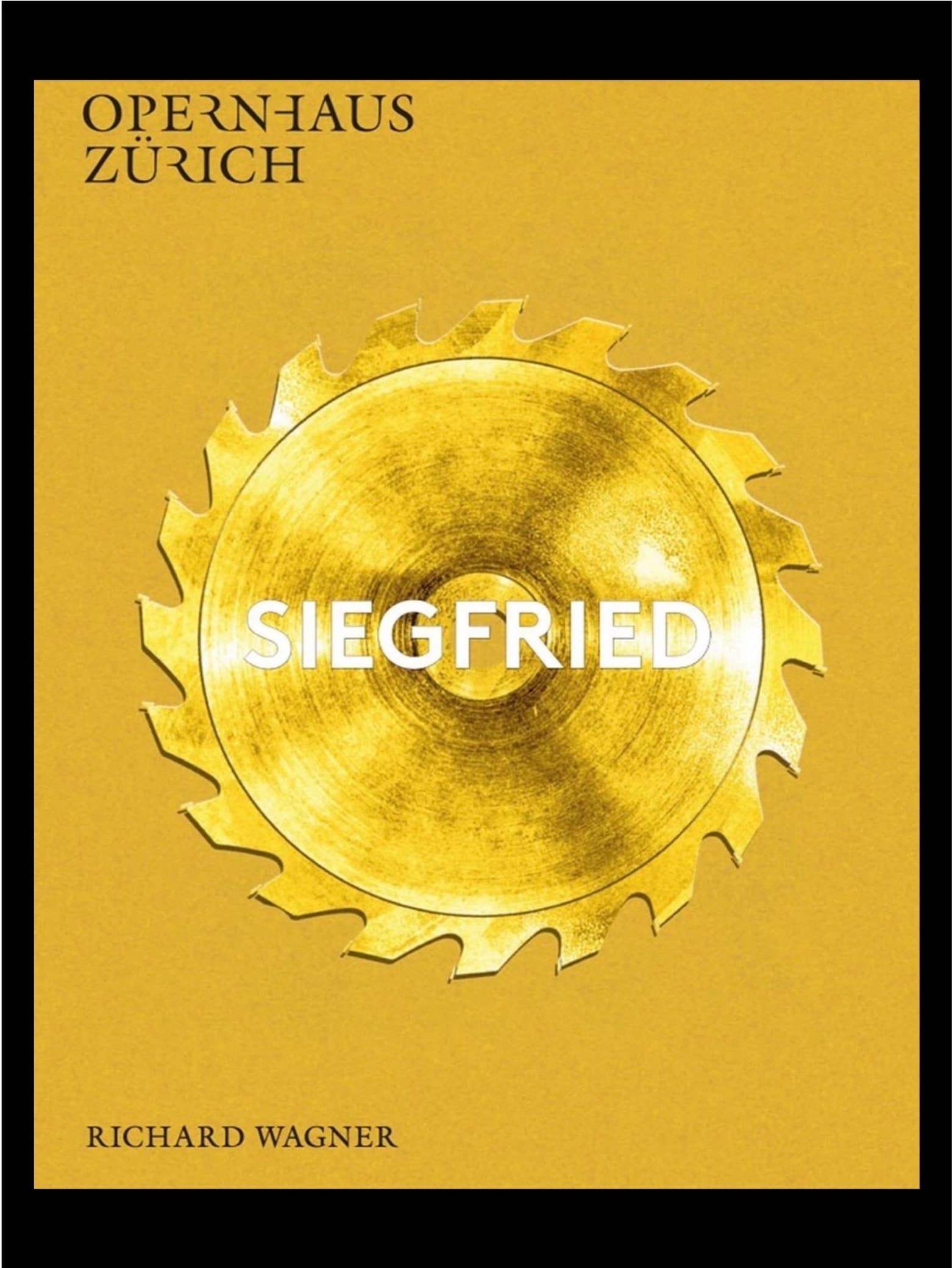
Der Ring des Nibelungen in a production of the Zürich opera house, recorded 2024. "Dramatic music-making at its finest". In the hands of General Music Director Gianandrea Noseda and Stage Director Andreas Homoki, Wagner's myth is represented as "a dysfunctional family of gods" (The Independent) in a polished yet unpretentious production that underscores the humanity of the characters, who are performed by the same exceptional cast of singers across all four operas.
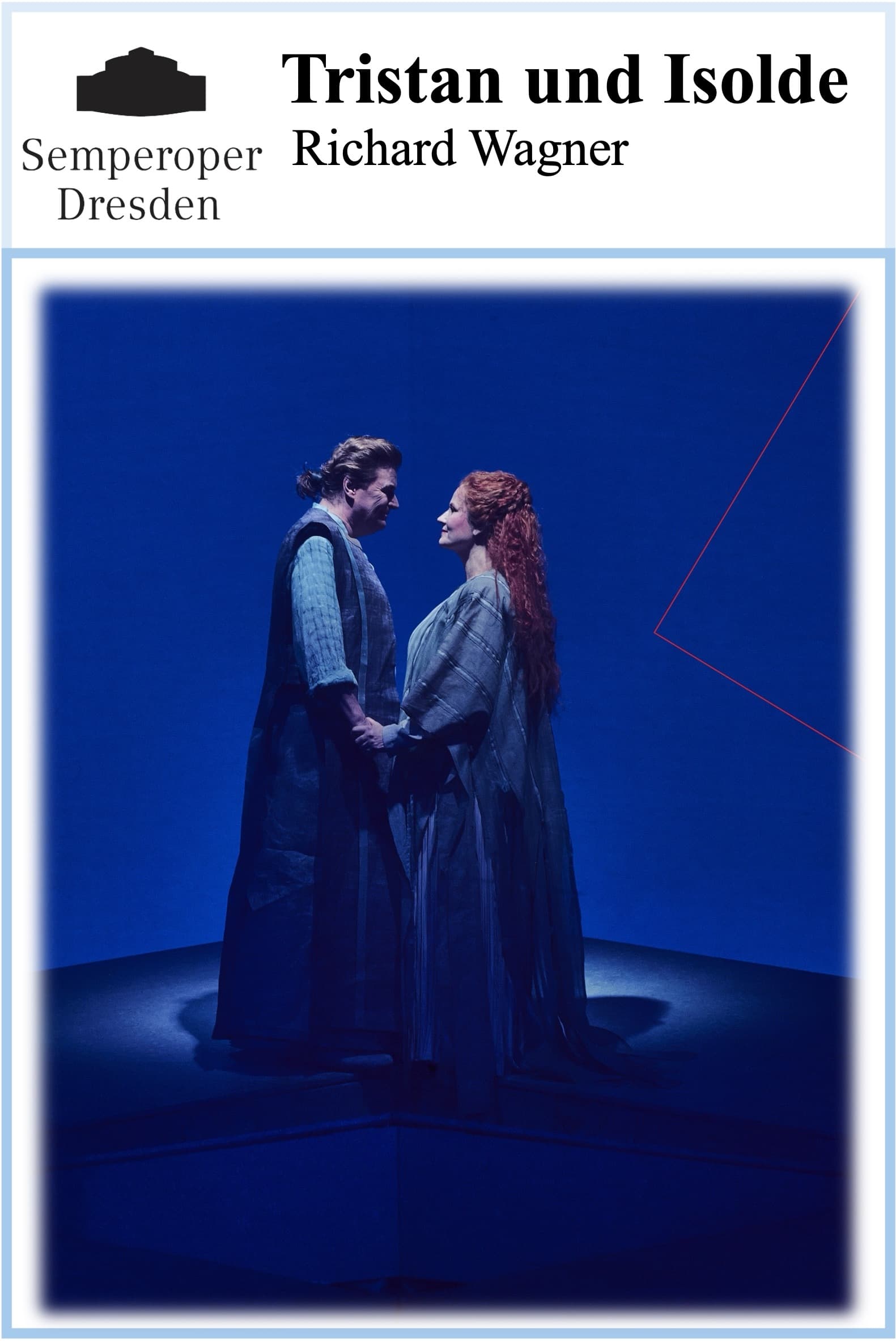
Through the power of a love potion, Tristan and Isolde have fatefully fallen for each other, but Princess Isolde is promised to Marke, the king and Tristan's liege lord. The lovers live their connection in secret, which inevitably has to be discovered and leads to catastrophe. The visually stunning production by Marco Arturo Marelli prepares the ground for the secret of this love in space and color, captured in Richard Wagner's opera, which premiered in 1865, in which the music becomes almost the sole carrier of the plot.
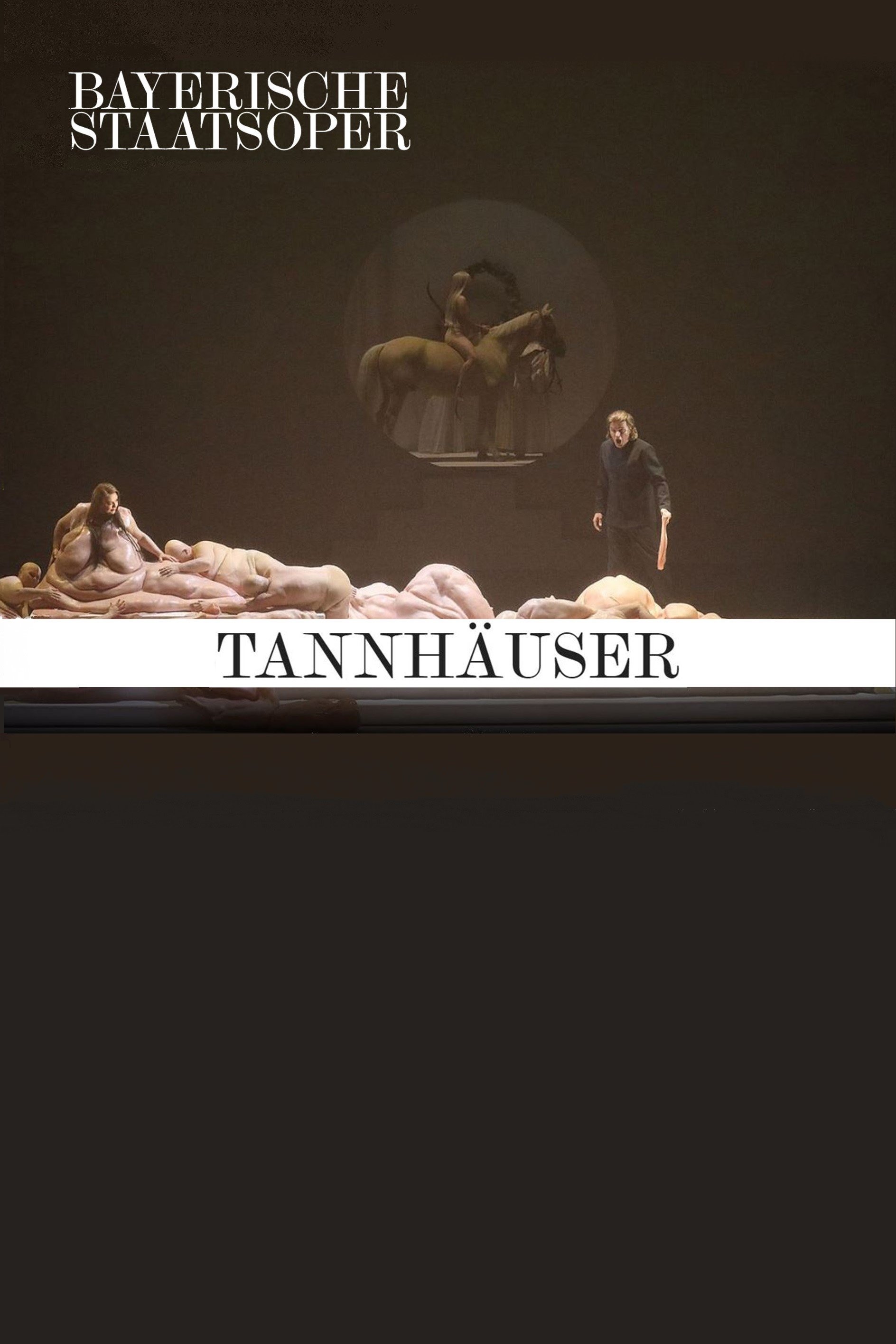
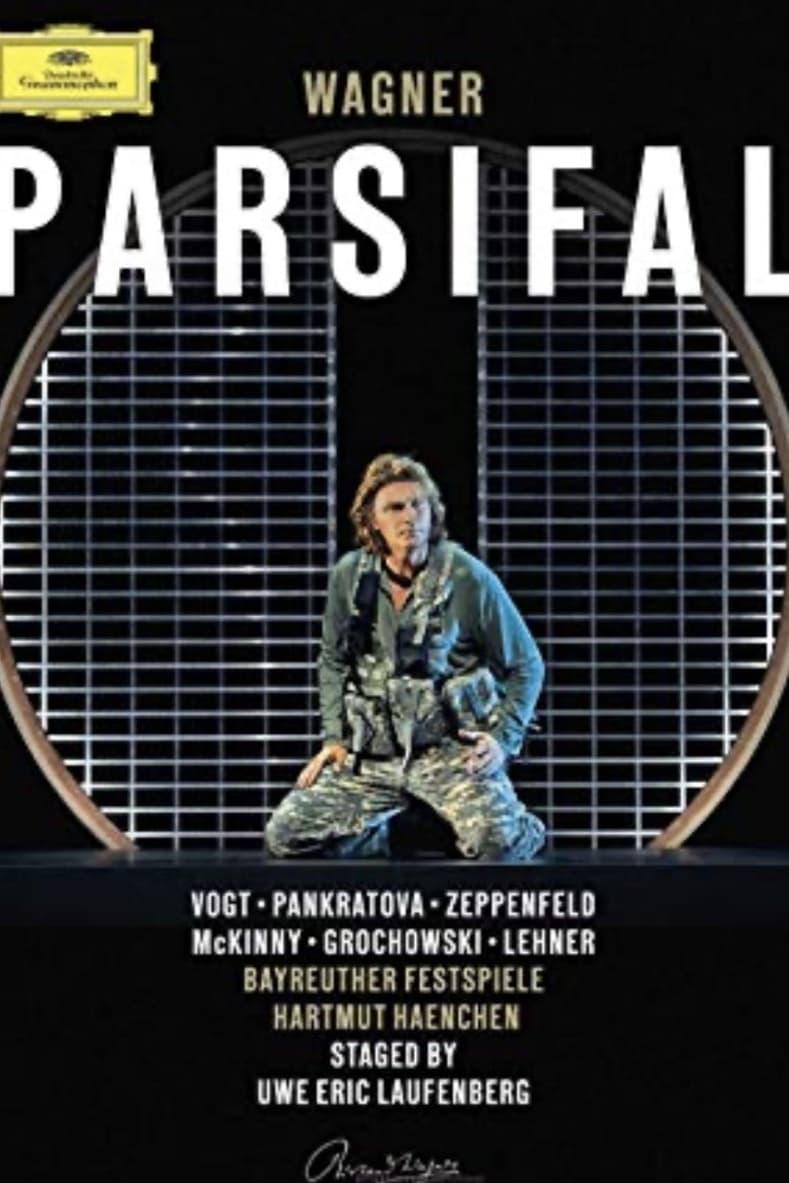
German composer Richard Wagner wrote Parsifal, which is a three-act opera that tells the story of the title character's quest to save the Knights of the Holy Grail by returning the Holy Spear, healing King Amfortas, and carrying out the sacred ceremony of uncovering the Holy Grail.
By browsing this website, you accept our cookies policy.